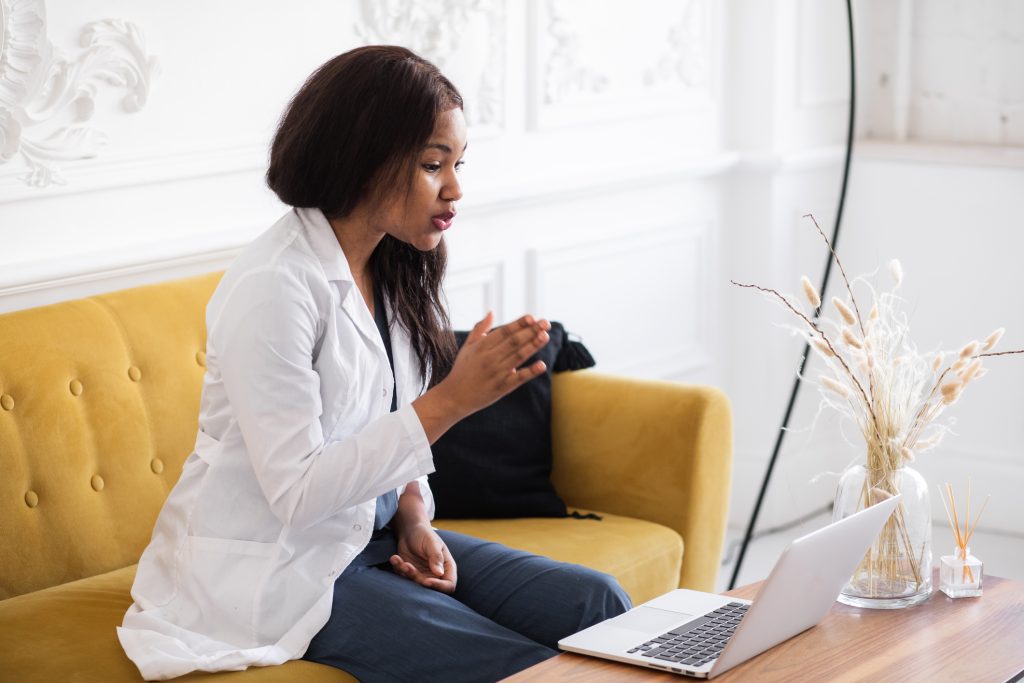Self Care vs. Treat Yourself

Self care has been an incredibly visible concept over the past few years, particularly during the first stages of the Covid-19 quarantine. With many people staying at home the majority of the time, it seems as though the collective focus has shifted from external to internal. Adults and teenagers alike have turned inward throughout the years of the covid-19 pandemic, using the newfound free time to delve into their own personal mental health.
Researching mental health often pulls up results of self-care; articles listing multiple ways to engage in self-care, what products suit your self-care needs, what you NEED to be doing, or else you’re not doing it right.
So what is self-care, really?
A common idea of self-care is the “treat yourself” mentality, where you allow yourself to experience lavish experiences and goods you normally wouldn’t. In internet pop culture, this idea is often accompanied by suggestions of bubble baths, face masks and cake. None of these are bad options, but they shouldn’t be the only options either. Tackling hard or boring tasks is neither fun nor glamorous, but there are certain tasks that support your everyday functioning and are crucial for self-care. These could include tasks like filing taxes (the deadline is coming up!), renewing your car registration at the MVA; they could even include completing a homework assignment even though you’re really not feeling it or choosing to drink a glass of water instead of an easy-to-grab can of soda.
It is a process of consciously examining your needs, where they are not being met, and what you can do to meet them. It’s vital for your overall well-being and so out of necessity is a dynamic process, constantly subject to evaluation and change. Socializing and emotional sharing with friends is an important part of it, but it is not the only aspect – nor should you rely solely on your friends for help with emotional processing.
Self-care tasks change from person to person – so how do you know which care tasks are important for your self-care routine? A good place to start would be to look at where you’re feeling exhausted, notice when you say to yourself, “I just can’t do this anymore.” Is it at the end of your work day? Is it at 2:30pm? Is it right when you wake up? Notice where anger, fatigue, and irritation come up the most for you, use these emotions as signposts pointing to where you need to take care of yourself the most. When you’ve identified the fatigue, look for where it is coming from. Too many tasks at work or at home? Have you procrastinated on work and now it’s piling up? It may be time to delegate, ask for help, or set boundaries for yourself.
Healthy Ways to Cope with Stress
- Take breaks from watching, reading, or listening to news stories, including those on social media. It’s good to be informed, but hearing about the pandemic constantly can be upsetting. Consider limiting news to just a couple times a day and disconnecting from phone, tv, and computer screens for a while.
- Take care of your body
- Take deep breaths, stretch, or meditate
- Try to eat healthy, well-balanced meals
- Exercise regularly
- Get plenty of sleep
- Avoid excessive alcohol, tobacco, and substance use
- Continue with routine preventive measures (such as vaccinations, cancer screenings, etc.) as recommended by your healthcare provider
- Get vaccinated with a COVID-19 vaccine
- Make time to unwind — Try to do some other activities you enjoy
- Connect with others — Talk with people you trust about your concerns and how you are feeling
- Connect with your community- or faith-based organizations — While social distancing measures are in place, try connecting online, through social media, or by phone or mail
https://www.cdc.gov/mentalhealth/stress-coping/cope-with-stress/index.html
Where does therapy come in?
Self-care doesn’t mean you have to do it all by yourself. Reaching out to family and friends for support is important and can certainly help, but here I caution you to not put your own emotional labor onto your loved ones. Having a support system to lean on is important for mental health, but remember that nobody but you is responsible for the emotions you’re experiencing. You may become angry in response to something someone else does, but it is not their job to soothe you – that’s where your self-care and coping skills come in.
Psychologists, licensed counselors, social workers, therapists – all of these people are trained and equipped to help you process your emotions and build up healthy coping skills and strategies. Mental health professionals don’t just sit and listen to what you have to say (though we do that too) – we help make connections, develop insight, and provide emotionally healthy, corrective experiences. Impartial, professional insight can give you a perspective that simply treating yourself wouldn’t be able to provide. Reach out to Milestones Counseling and Consulting Services for more information at (443) 574-4295 or send us a message here.

